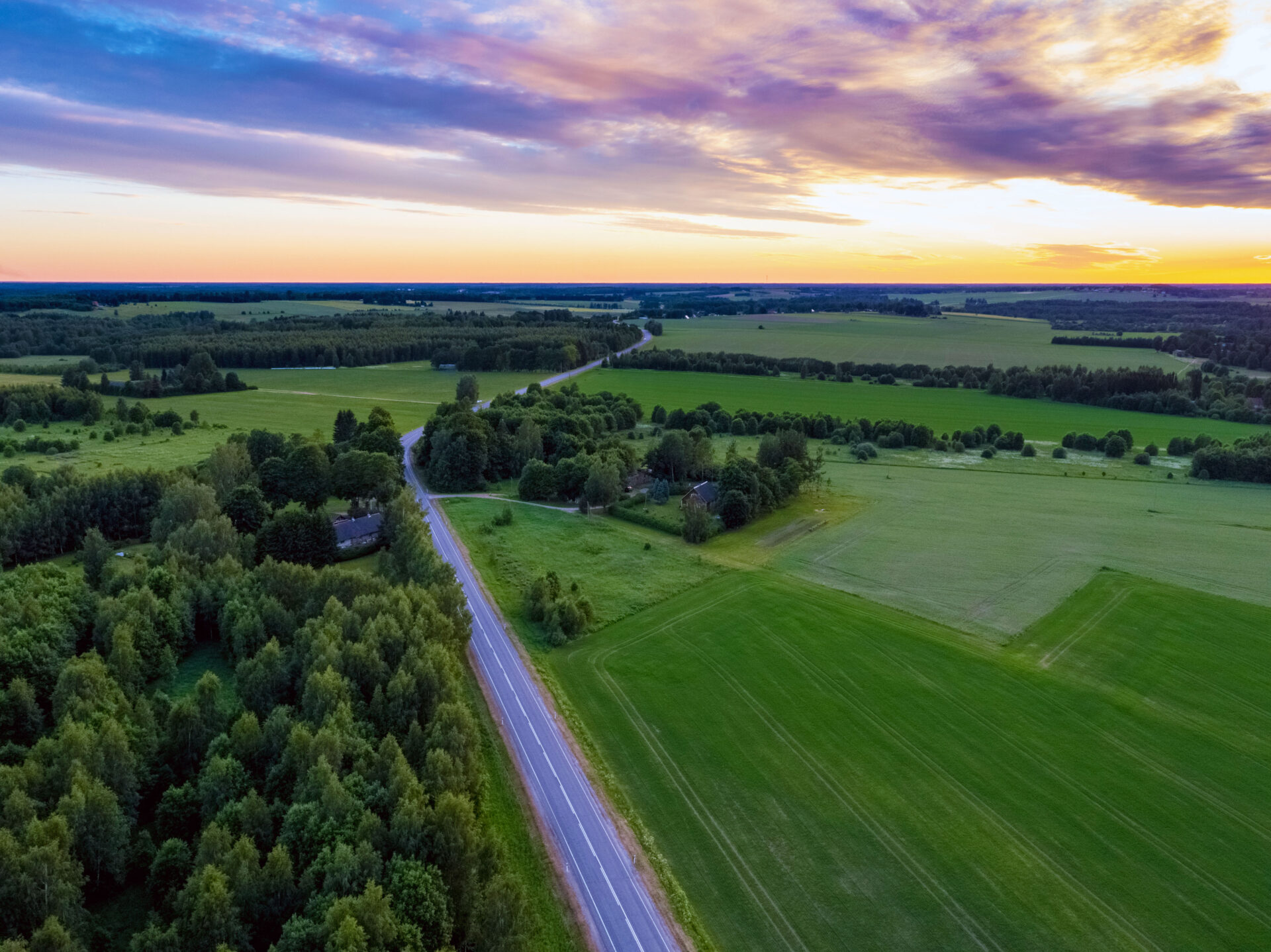Eco-Friendly Strategies for Sustainable Land Use

In the Detroit DMA and beyond, sustainable land use is no longer a niche initiative—it’s a strategic business imperative. With mounting pressure to address climate concerns and operational resilience, forward-thinking leaders are reevaluating how land development choices shape long-term growth. As companies assess where and how to expand, adopting eco-conscious land use strategies is emerging as both a responsible move and a competitive advantage.
Smaller-Scale Economic Development Supports Scalable Growth
According to Area Development Magazine, a rising number of industries now seek mid-sized facilities that can support between 150 and 750 employees. This shift reflects a strategic move toward smaller-scale, sustainable development, especially relevant for metro areas like Detroit that are rich in industrial history and evolving toward more diversified economies. These types of projects minimize environmental disruption while allowing businesses to operate closer to their talent pipelines and customer bases.
For businesses seeking real estate or facility investment in Southeast Michigan, this model offers a path to efficient, sustainable growth. Smaller footprints not only reduce overhead but also unlock eligibility for regional incentive programs and brownfield redevelopment funding.
Green Infrastructure Adds Long-Term Business Value
Incorporating green infrastructure, like permeable pavement, bioswales, and living roofs, reduces stormwater runoff, regulates building temperatures, and signals environmental leadership. For companies expanding or building within the Detroit DMA, integrating green design can help meet local environmental codes, lower utility costs, and strengthen community trust.
More than an environmental checkbox, green infrastructure is increasingly seen as an asset class. Businesses that prioritize sustainable land use through design innovation are better positioned to attract investment, public-private partnerships, and future-ready certifications.
Agroecology Creates Value in Rural Expansion Strategies
For companies with interests in agribusiness, food manufacturing, or land-based ventures across Michigan, agroecology offers a modern path to resilience. By applying ecological practices to farming, such as crop diversity and regenerative soil management, enterprises can boost productivity while reducing their environmental liabilities.
This approach aligns with growing consumer expectations for transparency and sustainability, and supports long-term viability in both domestic supply chains and export markets. From the Thumb to Lenawee County, agroecological investment opportunities are rising alongside demand for ethical sourcing and land stewardship.
As Detroit continues its economic transformation, now is the time for business executives to lead with foresight. Sustainable land use supports brand equity, investor confidence, and regulatory alignment—all while contributing to a healthier region. Making informed choices about land isn’t just about compliance; it’s about building smarter from the ground up. Reach out to us at Verified Industrial Properties to learn more today!
